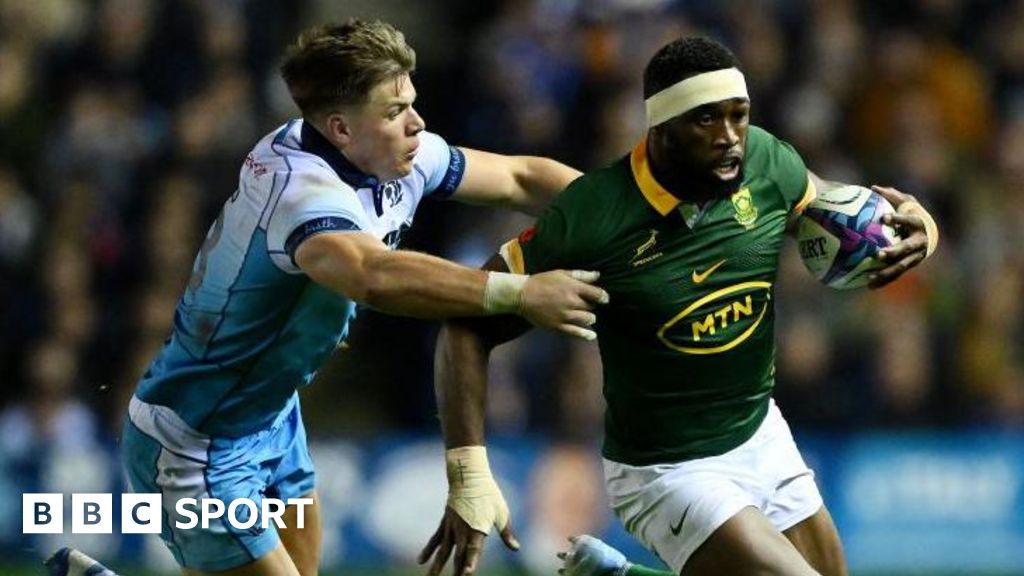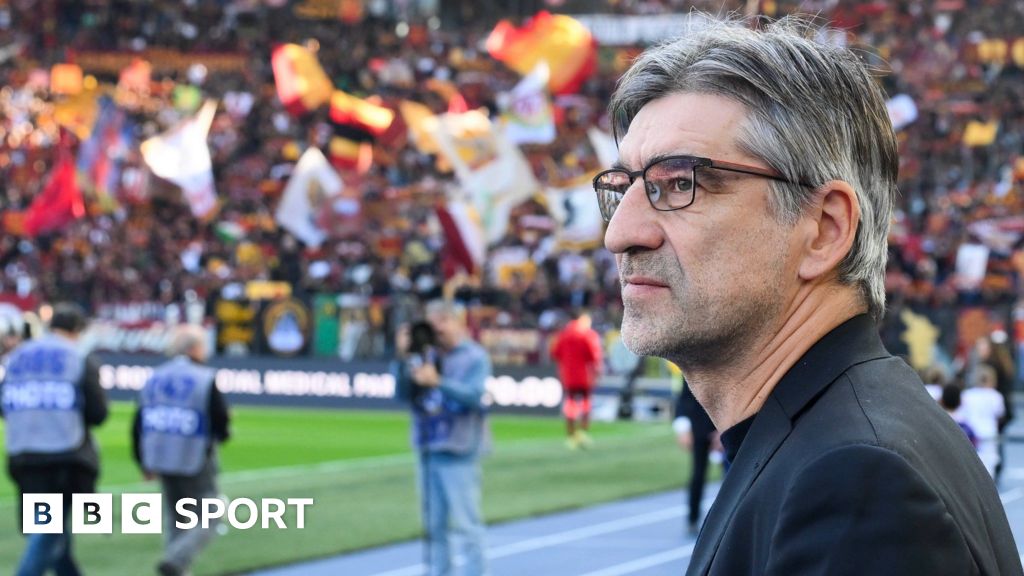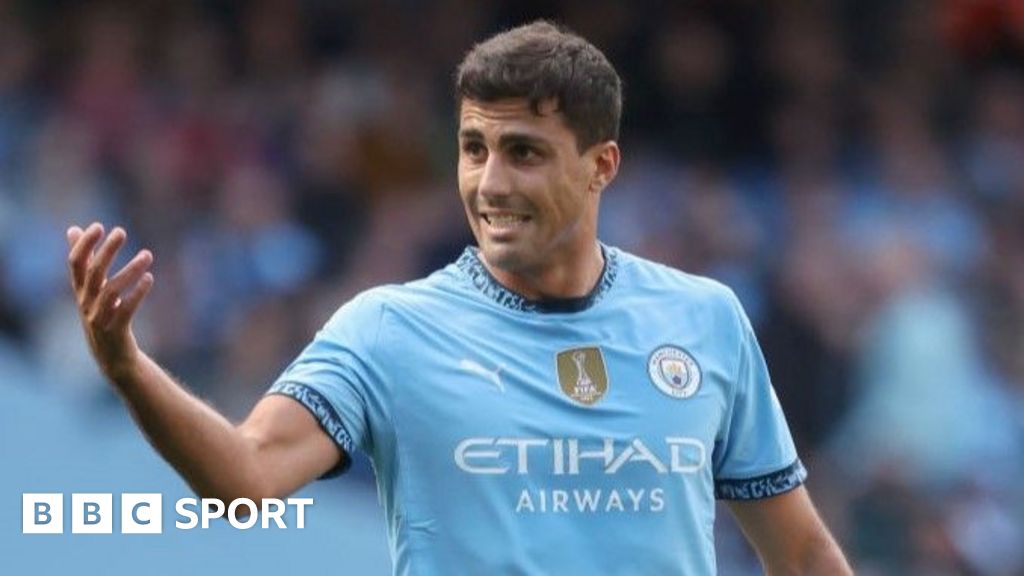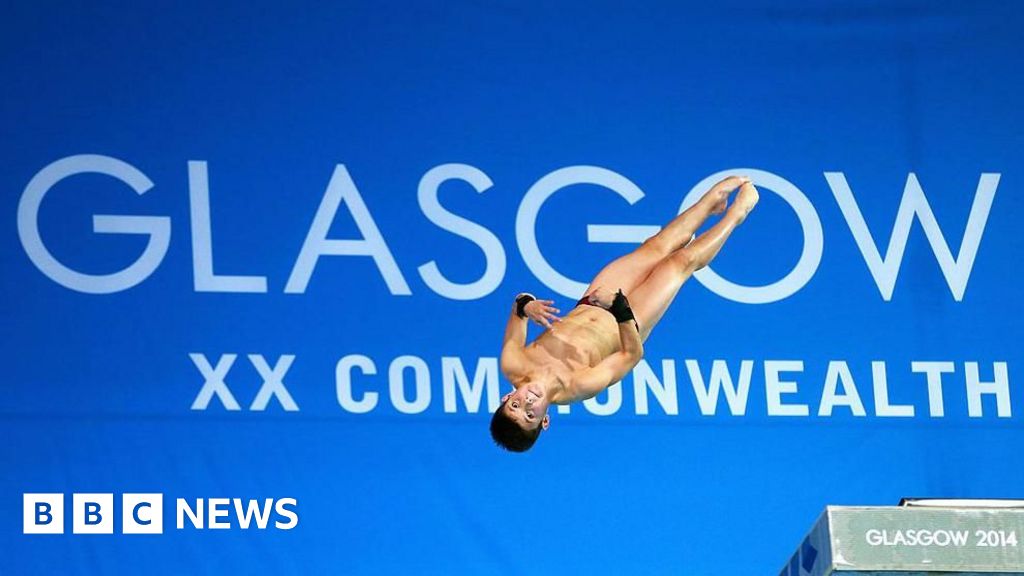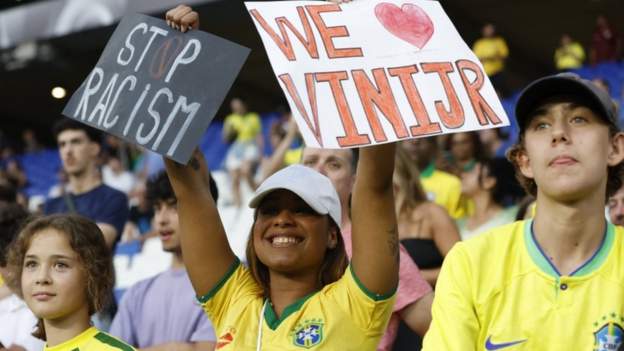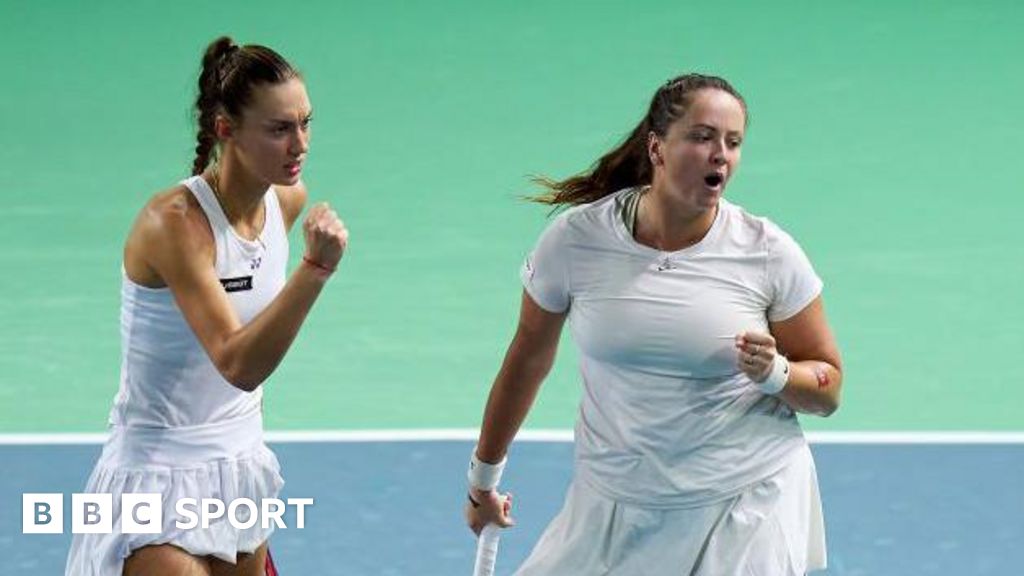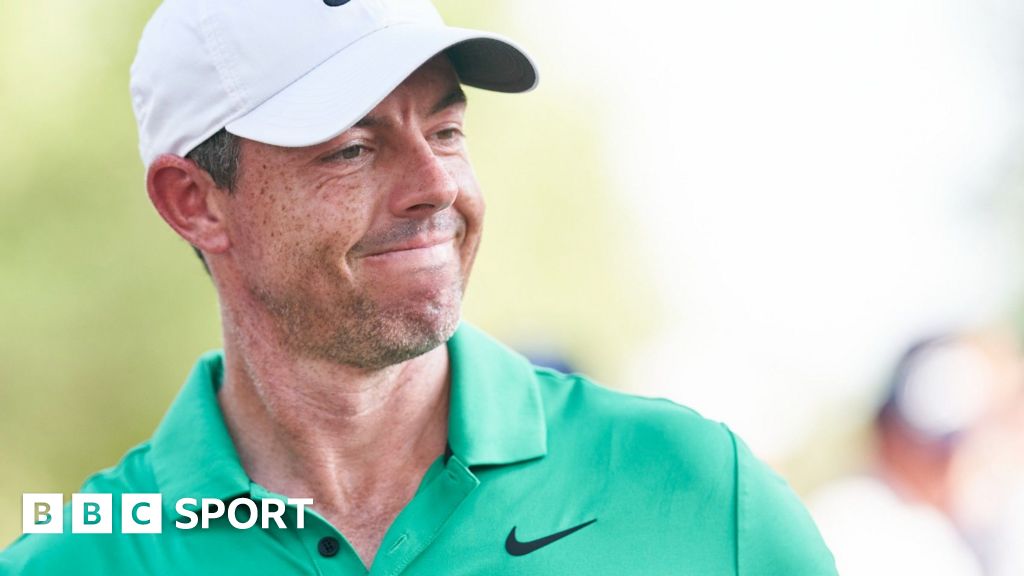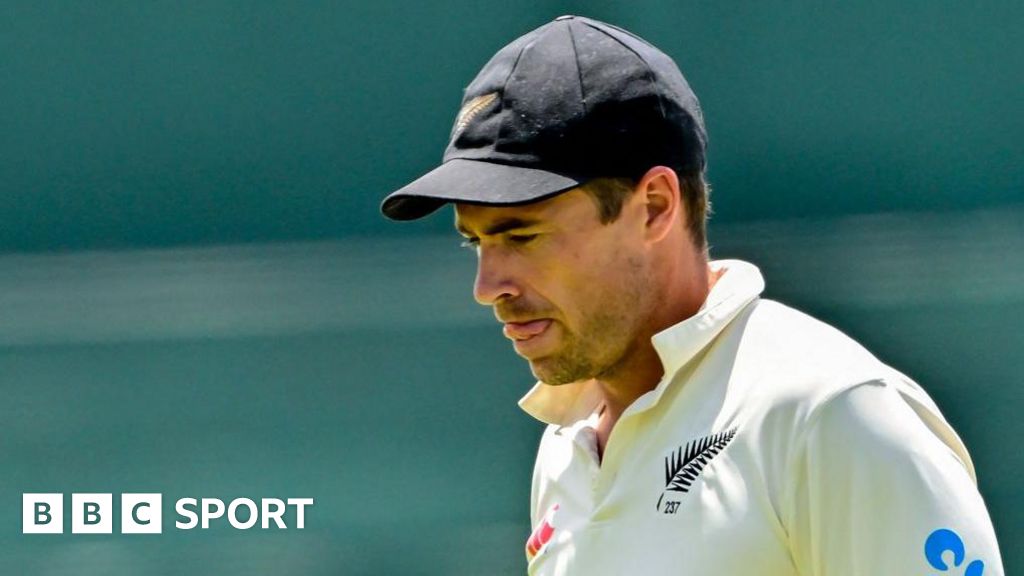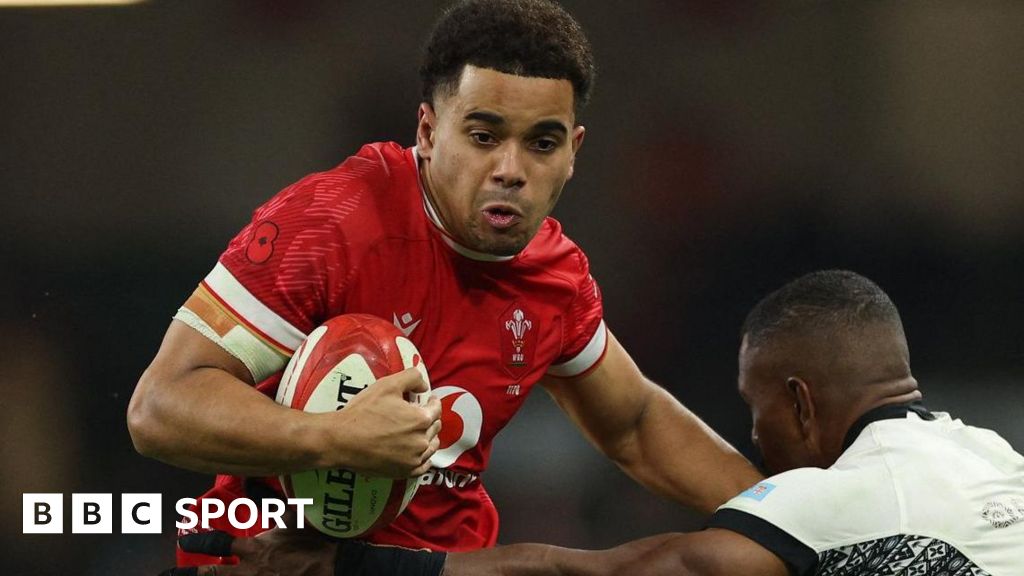Rodri has suggested a player’s strike could be “close” but, in reality, will one actually take place?
In July, Fifpro said it would take legal action against Fifa over its “abuse of dominance” in football.
Fifpro’s statement read: “Fifa’s decisions over the last years have repeatedly favoured its own competitions and commercial interests, neglected its responsibilities as a governing body, and harmed the economic interests of national leagues and the welfare of players.
“Legal action is now the only responsible step for European leagues and player unions to protect football, its ecosystem and its workforce.”
A spokesperson from the PFA has suggested that, should players not be listened to, they will “begin to consider all options available to them”.
“In recent weeks our members have made their feelings very clear when it comes to the fixture calendar and player workload.
“Players are repeatedly saying that enough is enough, and this must now act as a serious wake-up call to the authorities.”
However, speaking last week on the global football calendar, La Liga president Javier Tebas said the schedule has increased only for a small amount of elite players.
“We always think of 150 or 200 players who play all the games. But in Europe, there are more than 50,000 players who don’t play all those games and don’t have the problem of the match load,” Tebas told BBC Sport.
“Football cannot be governed by what happens to 250 players, but by the rest because, in addition, all these new tournaments would economically empty the national leagues and impact the salaries of other players with fewer club revenues.”
And a recent study by the CIES Football Observatory – a research group at the International Centre for Sports Studies, external – on schedules and player workload suggested most clubs are not playing more matches per season.
Its report found that between 2012 and 2024, the average number of fixtures per club and season sat at just over 40, with about 5% of clubs playing 60 or more games per season.
While there is little precedent for players striking in elite sport, in 1961, Jimmy Hill campaigned for the end to the maximum wage cap for footballers. After threatening strike action, the then £20-a-week maximum wage was scrapped by the Football Association.








